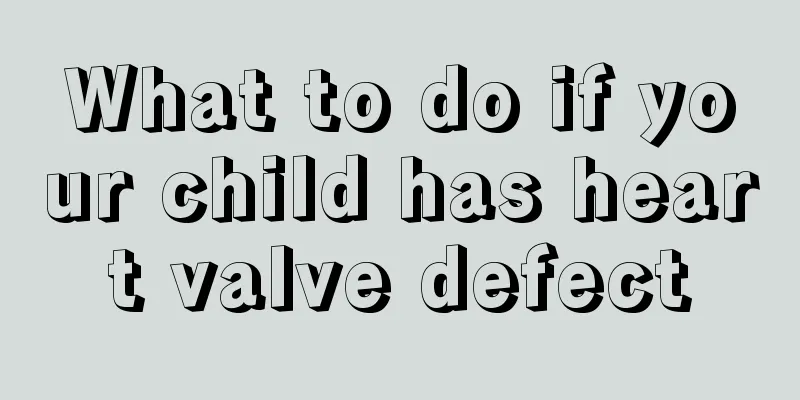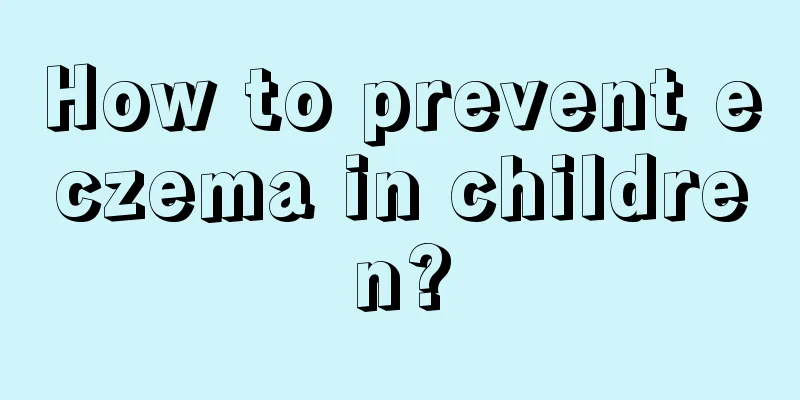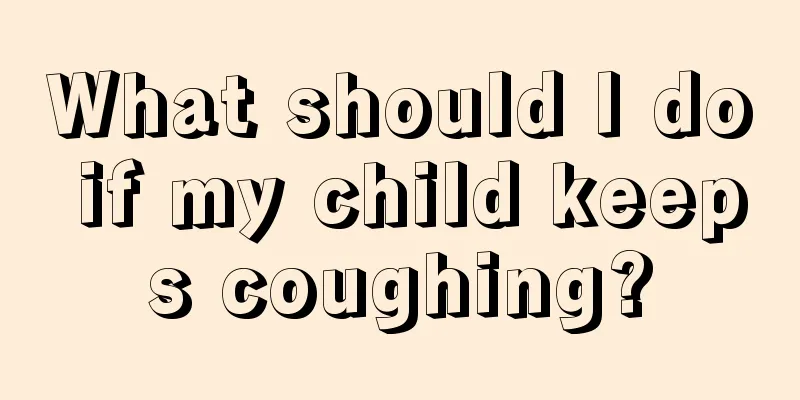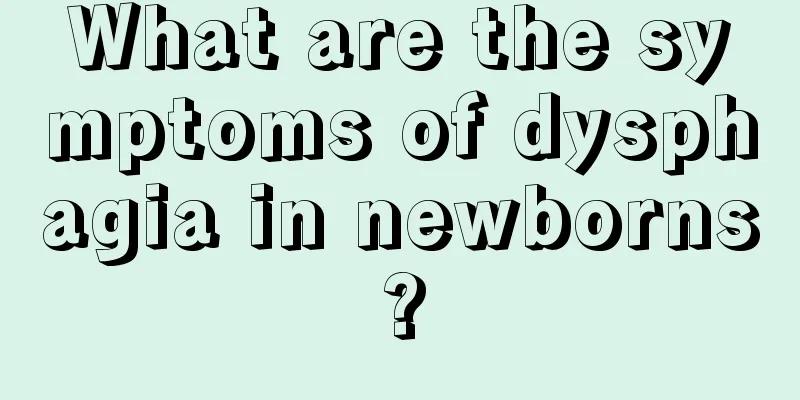What harm will excessive lead cause to children?

|
Lead is a chemical element that can cause harm to the human body. It is not just a problem of height, but also affects people's IQ. Many children have low intelligence and insufficient reaction. These may be caused by lead poisoning in the body. Because lead is inhaled through the respiratory and digestive systems, it will have a great impact on the human body. Nowadays, many children have the habit of biting the tip of a pen or pencil, or eating without washing their hands after writing. Over time, these will eat lead-containing elements into the stomach and cause lead poisoning. Many children are not smart in learning, have short attention spans, are often irritable and restless, and have motor nerve disorders. These are all caused by excessive lead and lead poisoning. Children should be taken to the hospital for timely diagnosis. Hazards When lead is absorbed into the human body through the respiratory tract and digestive tract, its effects on the body are systemic and multi-systemic. According to clinical table Lead levels in children Depending on the presence or absence of lead poisoning, childhood lead poisoning is divided into symptomatic lead poisoning and asymptomatic lead poisoning (or subclinical lead poisoning). 1. Nervous system: irritability, hyperactivity, short attention span, aggressive behavior, slow reaction, drowsiness, movement disorders. Severe cases may include mania, delirium (a temporary neurological disorder characterized by confusion, bewilderment, incoherent speech, restlessness, agitation, and often delusions or hallucinations), visual impairment, and cranial nerve paralysis. When the blood lead level is around 1000 ug/L (4.826umol/L), symptoms of lead encephalopathy such as headache, vomiting, convulsions, coma, and even death may occur. 2. Digestive system : abdominal pain, constipation, diarrhea, nausea, vomiting, etc. 3. Blood system: microcytic hypochromic anemia, etc. 4. Cardiovascular system: hypertension and arrhythmia. 5. Urinary system: aminoaciduria, glucosuria, and hyperphosphaturia in the early stage; in the late stage, patients may experience symptoms of renal failure such as azotemia. Subclinical lead poisoning mainly affects children's intellectual behavioral development and physical growth. Due to the lack of clinical manifestations sufficient to attract the attention of parents and pediatricians, it is often easily ignored. By the time it is discovered, the toxic effects of lead are difficult to reverse. Its hidden and progressive pathological characteristics make it more harmful to children's health. Therefore, it is the focus of research on childhood lead poisoning. Hazardous impact The metabolic half-life of lead in the human body is 1460 days. The long-term accumulation of lead that enters the human body every day can cause chronic lead poisoning. People will experience symptoms of neurasthenia such as fatigue, lack of energy, inattention, headache, dizziness, insomnia, and dreaminess, as well as mental or emotional changes such as mild excitement, irritability, anxiety, and hysterical attacks. There may also be gastrointestinal symptoms, such as loss of appetite, nausea, abdominal discomfort, etc. In addition, men may have decreased libido and impotence, and women may have menstrual disorders. It can also cause cardiovascular and cerebrovascular diseases and chronic respiratory diseases in middle-aged and elderly people. Medical experts point out that the lead ingested by children is not mainly accumulated in the bones like that of adults, but enters the body tissues. Therefore, excessive lead is more harmful to children. Because children's blood-brain barrier is not yet fully developed, lead can more easily pass through the blood-brain barrier and cause permanent damage to brain development. |
<<: What are the symptoms of intestinal spasms in children?
>>: How to conduct cognitive training for children with autism?
Recommend
One and a half year old baby has a bloated belly
If your baby has a bloated belly, the most likely...
Red spots on the child
Every family hopes that all members are healthy a...
What should I do if my child gets rubella?
When talking about the most common skin diseases,...
What to do if your child has eye bleeding
The eyes are the windows to the soul. It is becau...
Symptoms of amblyopia in babies
The health of a baby will largely affect the happ...
What to do if your four-year-old baby is anemic
Regarding the situation of anemia in four-year-ol...
Why can't my child straighten his fingers?
The health of fingers is very important because i...
What should I do if a child has a shark fin stuck in his throat?
Everyone knows the many benefits of eating fish f...
What to do if a newborn has red pimples on his face
Newborn baby has red pimples on face. This is a s...
Girls' development and growth
We all know that for girls, height generally incr...
What happens if children eat too many almonds?
Almonds are very nutritious nuts, rich in fatty a...
What are the treatments for mycoplasma infection in children?
Mycoplasma is a prokaryotic organism. Although it...
What are the causes and treatments for ADHD?
I believe everyone knows the harm that ADHD bring...
Ways to improve memory in children
I believe that every mother regards our own child...
How to perform massage treatment on children’s colds?
I believe that parents are very familiar with the...









